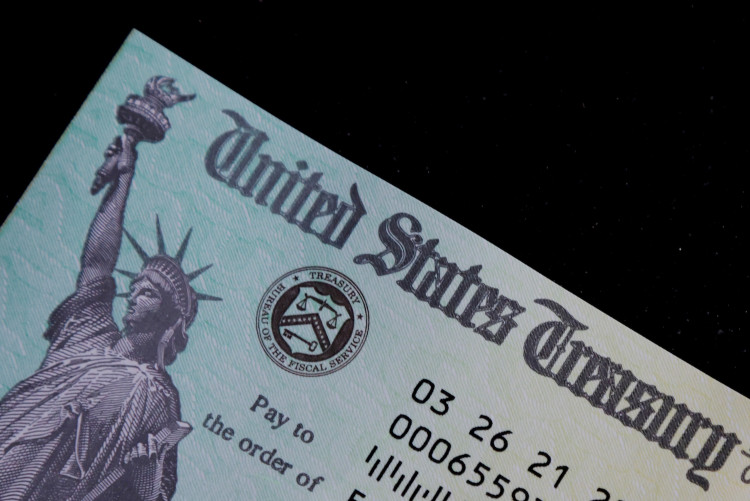While officials seek to estimate the long-term effects of the COVID-19 pandemic, one advocacy organization is urging Congress to provide a fourth round of stimulus checks, this time specifically for the elderly.
The Senior Citizens League (TSCL), a nonpartisan advocacy group, is warning that the cost of products and services is rising for individuals on fixed incomes, months before the government cost-of-living increase next year.
Government economic experts estimated that recent inflation hikes suggest that the cost-of-living adjustment (COLA) for 2022 would exceed 6%, a significant increase from the 1.3% COLA provided this year.
However, some of that could be used to cover higher Medicare costs. According to the report's intermediate assumptions, the Medicare "Part B" outpatient coverage premium will increase by $10 per month in 2022, to $158.50. The official figure will not be made public until later this year.
TSCL highlighted other rising, unavoidable costs such as food, housing, and transportation are already putting strain on older Americans.
Now, the group is launching a campaign to persuade Congress to enact a fourth wave of stimulus check, with $1,400 payments going to Social Security recipients solely.
TSCL went on to highlight the recurring issues with their elders. When five seniors went to a food pantry to apply for Supplemental Nutrition Assistance Program, the price of bacon increased by 11%, beef by 10.6%, and fresh fish by 8.5%. As a result, seniors ate meatless, poultry-free, fish-free, and dairy-free meals.
The continuous child tax credit payments are another issue that has been identified in financial aid schemes. Notably, child tax credit payments for July and August were received on time. Many Americans were perplexed as to what had caused the payment delays in September.
It's imperative to highlight that payment delays for the child tax credit have nothing to do with qualifying. Families that got the first and second installments are automatically eligible to receive payments in September, October, November, and December. Instead, the IRS is at fault.
The IRS did not provide any additional information about the reasons for the delays. They did, however, clarify that the issue is within their systems. For the time being, American families must wait for more IRS updates and changes.






